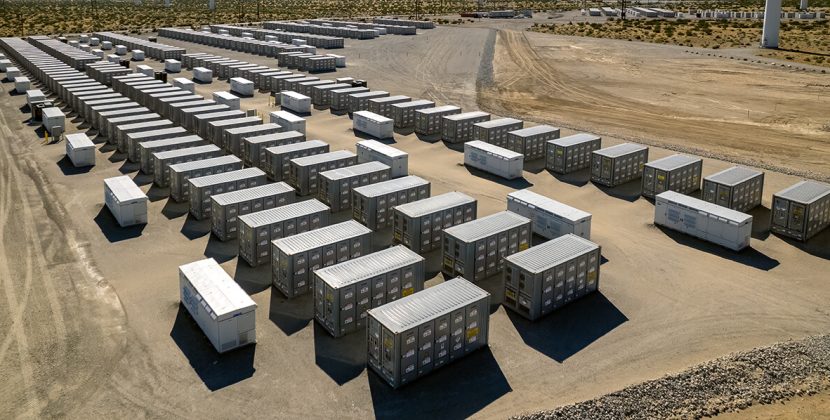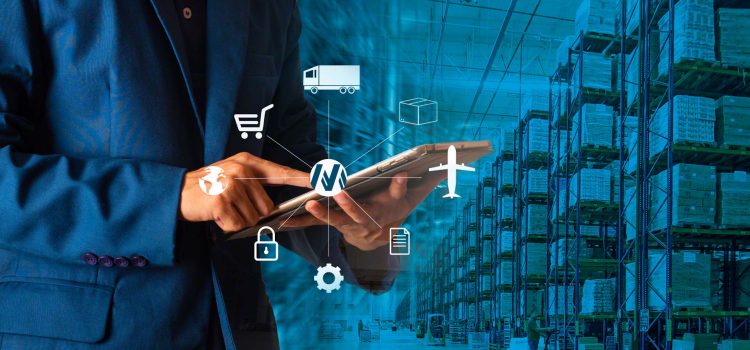
Introduction:
In an era of unprecedented change and disruption, industrial supply chains stand at the forefront of transformation, navigating new challenges and opportunities in the global marketplace. From advancements in technology and shifting consumer preferences to environmental concerns and geopolitical shifts, supply chains are undergoing a profound reimagining to adapt to the demands of the future. Join us as we delve into the innovative strategies and transformative initiatives shaping the evolution of industrial supply chains and driving the future of commerce.
1. Embracing Digitalization and Automation:

At the heart of the reimagined industrial supply chain lies the power of digitalization and automation. From smart factories and IoT-enabled devices to blockchain technology and predictive analytics, digital solutions are revolutionizing the way goods are produced, distributed, and consumed. By embracing digitalization, supply chains can enhance efficiency, transparency, and agility, enabling faster decision-making, optimized processes, and improved customer experiences in a rapidly evolving marketplace.
2. Prioritizing Resilience and Risk Management:
In an increasingly interconnected world, supply chain resilience has become a critical priority for businesses seeking to mitigate risks and safeguard against disruptions. From natural disasters and geopolitical tensions to global pandemics, supply chains face a myriad of challenges that require proactive risk management strategies and contingency planning. By diversifying sourcing, investing in redundancy, and fostering collaboration with suppliers and partners, supply chains can build resilience and adaptability to thrive in an uncertain environment.
3. Promoting Sustainability and Ethical Practices:
As concerns about environmental sustainability and social responsibility continue to rise,reimagined industrial supply chain are under increasing pressure to adopt ethical and sustainable practices throughout their operations. From reducing carbon emissions and minimizing waste to promoting fair labor practices and supporting local communities, sustainability has become a key differentiator for businesses seeking to build trust and loyalty with consumers. By integrating sustainability into their supply chain strategies, businesses can create value, drive innovation, and contribute to a more equitable and sustainable future for all.
4. Fostering Collaboration and Partnership:

In the reimagined industrial supply chain, collaboration and partnership are essential ingredients for success. From forging strategic alliances with suppliers and logistics providers to engaging with customers and stakeholders, supply chains are increasingly interconnected ecosystems that thrive on collaboration and mutual support. By fostering trust, transparency, and shared goals, businesses can leverage the collective expertise and resources of their partners to drive innovation, solve complex challenges, and create value for all stakeholders.
5. Embracing Flexibility and Adaptability:
In today’s fast-paced and unpredictable business environment, supply chains must be agile and adaptable to navigate changing market dynamics and emerging trends. From just-in-time manufacturing and flexible logistics to dynamic sourcing and demand-driven production, flexibility is key to staying responsive and resilient in the face of uncertainty. By embracing a mindset of continuous improvement and innovation, reimagining of industrial supply chains can adapt to evolving customer needs, market conditions, and technological advancements to maintain a competitive edge in the global marketplace.
Visual Table for Key Points:
| Key Aspect | Description |
|---|---|
| Digitalization | Integration of digital technologies for enhanced visibility and efficiency |
| Sustainability | Adoption of eco-friendly practices and ethical sourcing in supply chains |
| Resilience | Strategies for mitigating risks and disruptions and ensuring business continuity |
| Collaboration | Building strong partnerships and ecosystems for supply chain optimization |
| Data Analytics | Utilizing big data and predictive analytics for informed decision-making |
| Automation | Implementation of automation and robotics to streamline operations |
| Flexibility | Agile response to changing market demands and disruptions |
| Innovation | Embracing innovation to drive continuous improvement and competitiveness |
Comparative Table:
| Aspect | Traditional Supply Chains | Reimagined Industrial Supply Chains |
|---|---|---|
| Digitalization | Limited use of technology and digital tools | Embracing digitalization for enhanced visibility and efficiency |
| Sustainability | Minimal focus on sustainability practices | Prioritizing eco-friendly practices and ethical sourcing |
| Resilience | Vulnerable to disruptions and supply chain risks | Building resilience through risk management and contingency planning |
| Collaboration | Limited collaboration among supply chain partners | Foster collaboration and partnerships for supply chain optimization |
| Data Analytics | Limited utilization of data analytics for decision-making | Harnessing big data and predictive analytics for informed decisions |
| Automation | Manual processes with minimal automation | Implementing automation and robotics for streamlined operations |
| Flexibility | Limited agility to adapt to market changes | Cultivating flexibility to respond to market dynamics and disruptions |
| Innovation | Minimal innovation and continuous improvement | Embracing innovation to drive competitiveness and efficiency |
Conclusion:
In conclusion, the reimagining of industrial supply chains represents a transformative journey towards innovation, resilience, and sustainability in the future of commerce. By embracing digitalization, prioritizing resilience, promoting sustainability, fostering collaboration, and embracing flexibility, supply chains can navigate the complexities of the global marketplace and thrive in an era of rapid change and disruption. As businesses continue to evolve and adapt to the demands of the future, the reimagined industrial supply chain holds the promise of creating value, driving innovation, and shaping a more sustainable and prosperous future for all.










